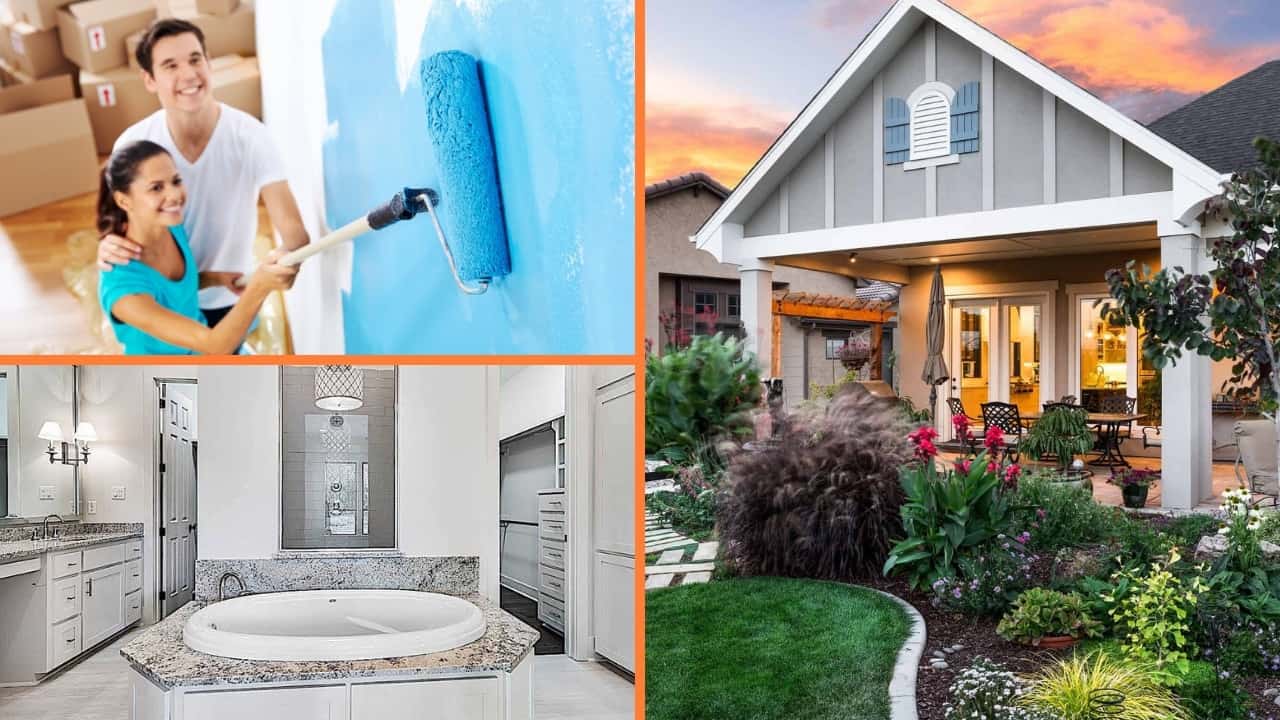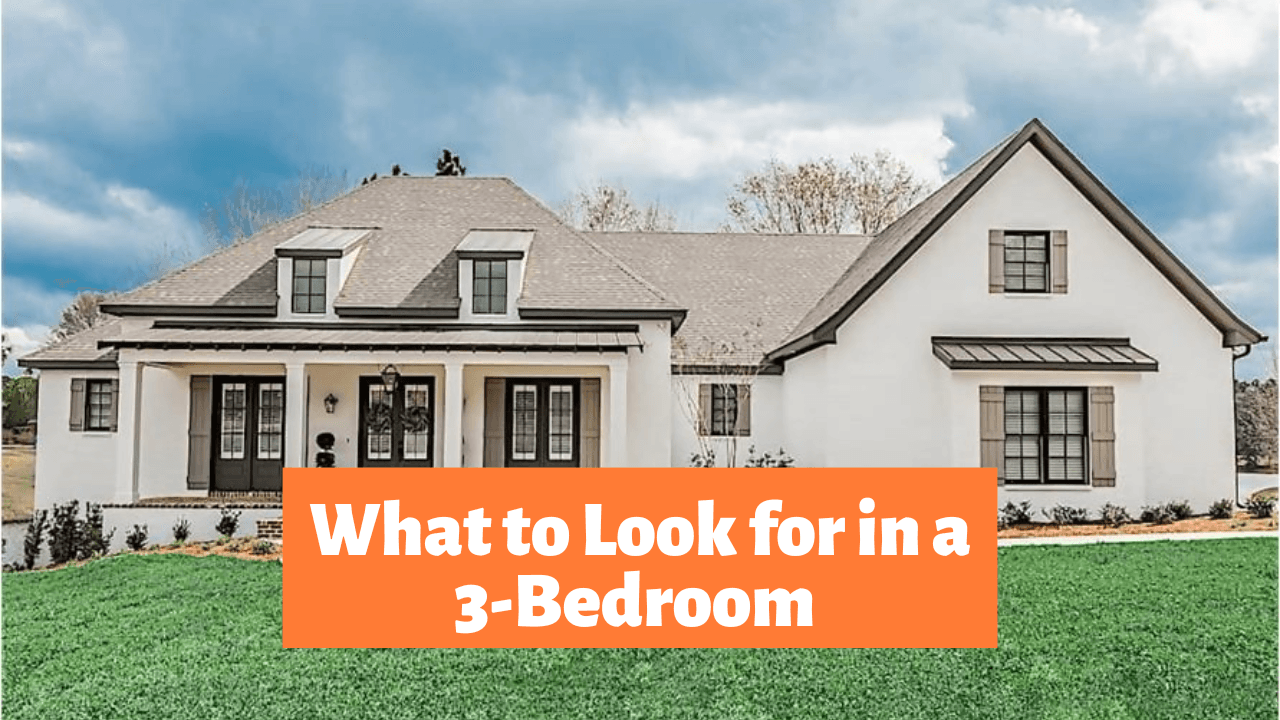The Pros and Cons of Swimming Pools
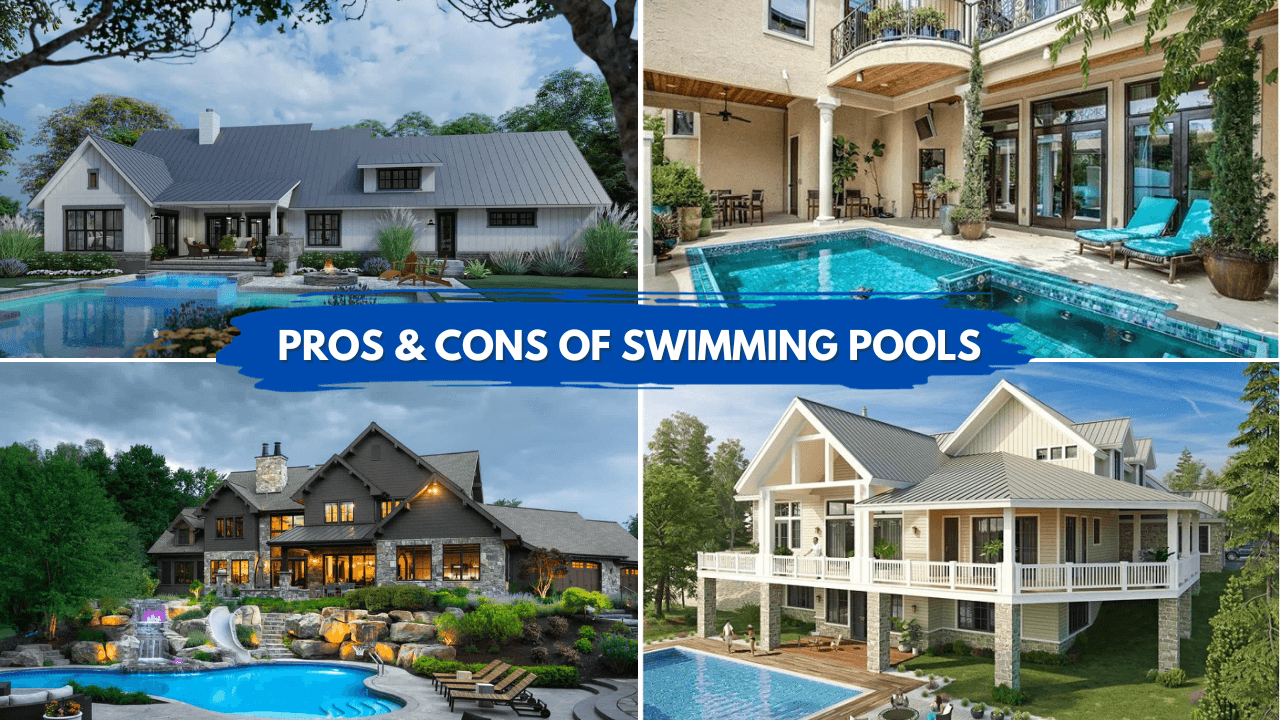
Pros and Cons of a Swimming Pool: Should You Get One?
When building your home, you must make many decisions about the interior. You have to perfect the floor plan, pick out the paint colors, and select the best furnishings to make a house truly feel like a home.
But what about the outside? If recent events have taught us anything, it’s that creating an oasis for your family home includes the outdoors. Once you get started, there are so many aspects to consider: the landscaping design, the deck or patio layout, and finally, what about a pool?
Having a pool at home can be very rewarding, as its presence offers many social benefits and opportunities for exercise. But it can also be a hassle. We’ll review the pros and cons of having a pool, so you can decide if buying a home with a pool (or installing one!) is the right fit for you.
This amazing lodge-style ranch home has four bedrooms, four baths, a spacious 3-car garage & over 3000 sq ft of living space, and this beautiful pool. Plan #195-1265
What are the Pros of a Swimming Pool?
Having a swimming pool at home has many great perks. Here are just a few of our favorites.
Great Sense of Community
One of the main benefits of having a swimming pool in your own backyard is the great sense of community that it creates.
You’ll never have to go far for fun. If you have young children, you have a built-in place for birthday parties and playdates, and as they age, you can be sure that your children and all their friends won’t want to stray far from home to have a great time.
The same could be said for adults, as a pool is a perfect centerpiece for countless memories of backyard BBQs and summer nights for the whole family.
You would always be the BBQ host with the most in this stunning backyard oasis. This luxurious home offers five bedrooms, 4.5 baths, a 2-car garage, and an open floor plan with vaulted ceilings. You’ll be grilling up a storm in your covered outdoor Summer kitchen! Plan #198-1094
Perfect Place to Exercise
Even though most home pools are built for leisure, they also provide the added benefit of the perfect place to exercise, without the commute to the gym or public pool.
You can swim laps, host water aerobics for your friends, or even play a rowdy round of Marco Polo with the grandchildren without leaving the comfort of home.
If your pool is deep enough to safely dive, it’s also a great opportunity to practice the form and muscle control associated with the sport.
Conveniently Nearby
Depending on the location of your home, having a pool in your backyard might be a mere matter of convenience, as the nearest local public pool isn’t so local at all.
It’s a definite lifestyle upgrade to see swimming as an easy, everyday thing instead of a special, once-in-a-while event that involves checking pool hours, packing up the car, and making the commute.

This beautiful pool would be a great place to spend time with the kids or grandkids. You could also enjoy the outdoor kitchen of this 4,443 sq ft contemporary colonial with four bedrooms, five baths, and a 3-car garage. The open floor plan has a kitchen island and an upstairs den. Plan #204-1020
Adds Value to the Home
Pools can add value to a home. As mentioned, the social benefits are plentiful, which often translate monetarily.
For example, an average-sized, inground concrete pool could potentially increase the resale value of your home from 5% upwards of 8%. So, if your home is currently worth $250,000, adding a pool could add anywhere from $12,500 up to $20,000 should you decide to sell one day.
While this won’t cover the costs of pool installation and maintenance, the enjoyment of adding a pool makes these financial benefits worth it for most homeowners.
What are the Cons of a Swimming Pool?
Of course, there are still some cons to consider when purchasing a home with a swimming pool or installing one in your current home. Before moving forward, be sure you’re aware of the following potential problems:
Expensive Maintenance
Keeping a pool in prime swimming condition comes with plenty of recurring costs. So keep these in mind when crunching numbers.
1. Annual Maintenance
Many homeowners choose to clean their own pool of debris, vacuum, check pH levels, and shock it with chlorine when needed. The average time spent maintaining a pool is 5-10 hours weekly. If that is not something you want to do, you will need to hire an outside company to maintain it. That could run you around $150-$500/month, depending on where you live.
However, the year-round costs change depending on where you live. For example, if you live in a warmer climate, like Florida, you might use your pool all year round.
If you live in Boston, you might need help winterizing your pool to protect it from freeze damage. Additionally, at the beginning of summer, your pool must be “opened up,” which often entails highly involved cleaning and specialized labor.
2. Electricity
A pool pump costs about $300 per year to run. If you want to heat your pool, it can add about $500 to $800 to your annual utility bills.

Costly Repairs
On top of annual maintenance costs, pools come with expensive repairs should something go wrong.
1. Pump Failure
Depending on the cause of the problem, the pump could cost $400 to replace or upwards of $1,000 to install a new one.
2. Lining Leaks
If there is a problem with your pool’s lining, repairs start at an average of $2,000 and go up from there, making it a very costly problem.
3. Lighting Issues
Changing a pool light isn’t as simple as popping in a new bulb, as the pool often needs to be partially drained for work to commence safely. It’s about $100 on average to change a light or repair it, while replacing the system could be upwards of $600.
Insurance Premiums
When you have a pool on your property, you are on the hook for more expensive insurance premiums to avoid liability in an accident. This is especially important if you allow others outside your immediate family to use the pool, as you never know what could happen.
All types of swimming pools can be added to your homeowner’s insurance policy as a “scheduled structure” or under “other structures blanket coverage.” This means that you must explicitly let your insurer know about the pool, as there might be specific rules you must follow for the policy to take effect.
These rules could include “the pool must have a fence surrounding it” or “the coverage only extends to the pool itself, and not to the diving board or the slide.”
You should speak directly to your insurance provider for the most up-to-date information.

This gorgeous 2,662 square foot craftsman cottage has three bedrooms, 2.5 baths, and a three-car garage. Relax on the lanai with an outdoor fireplace. Plan #117-1126
Safety Concerns
As you might have guessed from the need for extra insurance, having a pool on your property presents several safety concerns.
The primary concern, and most obvious, is a drowning accident. The CDC estimates that there are “3,960 fatal unintentional drownings, including boating-related drownings — that is an average of 11 drowning deaths per day” every single year.
Another safety concern is a diving board. According to Realtor.com, three common injuries are associated with a diving board: falling while climbing the ladder, hitting the diving board when trying tricks, and divers accidentally landing on a swimmer when diving into the pool.
Of course, we never think that something so horrible could happen in our pool, but we must always be careful and practice vigilant water safety to avoid a worst-case scenario.
Resale Considerations
While having a pool on the property can increase the home's value, not all home buyers see it that way. When purchasing a house with a pool, a typical home inspector will not sign off on it, so you must hire a third-party pool inspector to get the go-ahead on the sale.
For some, this is an unwanted hassle, and, as your children grow up and your interest in pool parties fades, you might also see it this way.

This smaller pool might be the perfect mix of enjoyment and cost-effectiveness. With two bedrooms, one bath, an open floor plan, and a stunning vaulted ceiling, this 1212 square foot home is sure to please. Plan #126-1836
What Type of Pool is Best?
There are a few options to consider when deciding on a pool. Which works best for you and your family?
In-Ground vs. Above Ground
In-ground pools are more expensive, as they must be professionally installed, are larger, and require substantially more upkeep than above-ground pools.
An above-ground pool is a smaller commitment, but it isn’t a good choice for larger or more active families, as they tend not to have space for many swimmers at once, diving, or lap swimming.
Additionally, an above-ground pool is easier to deconstruct and remove than an in-ground pool if you no longer want it - kids are grown, resale, etc.
Salt Water vs. Chlorine
It’s important to remember that chlorine is the sanitizing agent used in saltwater and traditional chlorine pools. The difference is how chlorine is added to the pool.
With traditional chlorine pools, the chlorine is added through tablets or granules. The water must be tested regularly, and the chlorine levels must be adjusted accordingly.
Saltwater pools have a chlorine generator that constantly adds a low amount of chlorine. This means you do not need to test and regulate the chlorine nearly as much as you do with a traditional chlorine pool.
Both methods keep pools clean and safe for everyday use. However, if you have sensitive skin or strong allergies (or are a frequent swimmer in your pool), saltwater tends to be less irritating to these conditions. Depending on your finances and location (some areas do not allow saltwater pools, so check with your town), you must decide which option is better.

This luxurious Tudor-style home with European influences has over 5,700 SF of living space with five bedrooms, 5.2 baths, and a four-car garage. The backyard patio and outdoor lounge are the perfect places to enjoy a BBQ or spend time with family and friends. Plan #195-1125
If you have any questions about our house plans, please don’t hesitate to contact us. We have thousands of customizable plans available, and our customer service team can help answer any questions you may have.
Plan Results
OR ENTER A PLAN #
Blog Resources
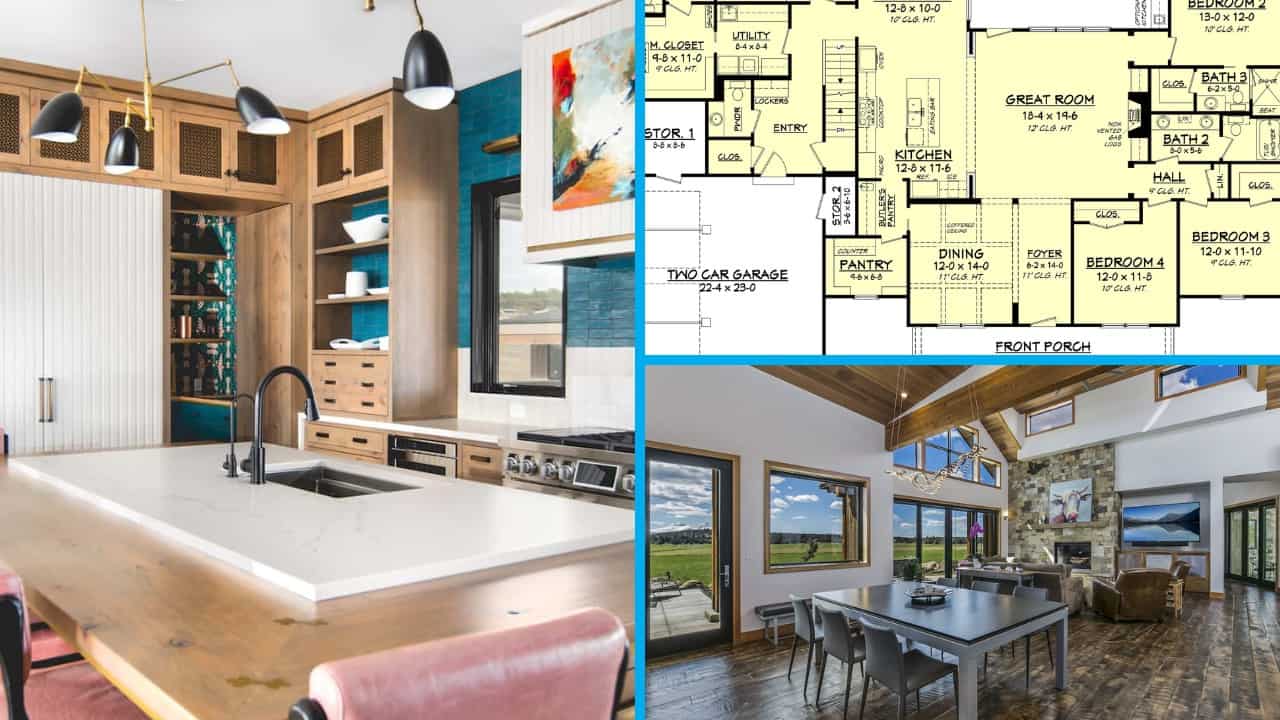
Home Design & Floor Plans
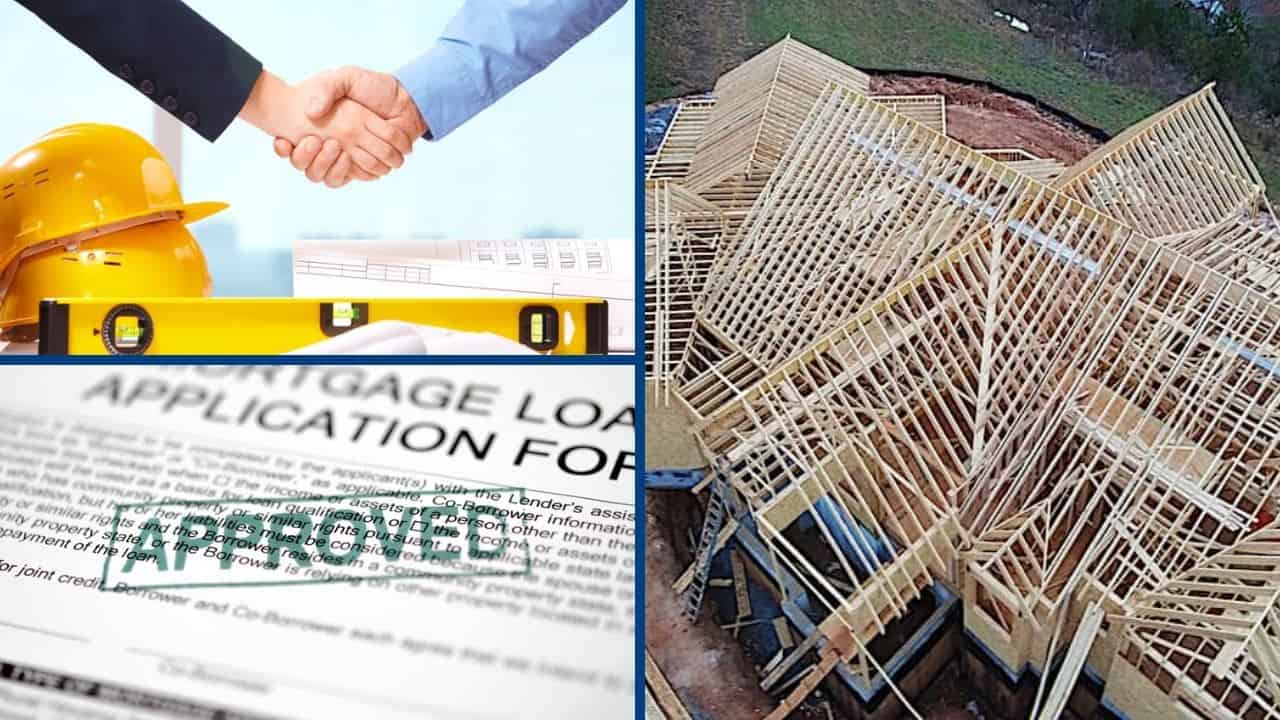
Home Building
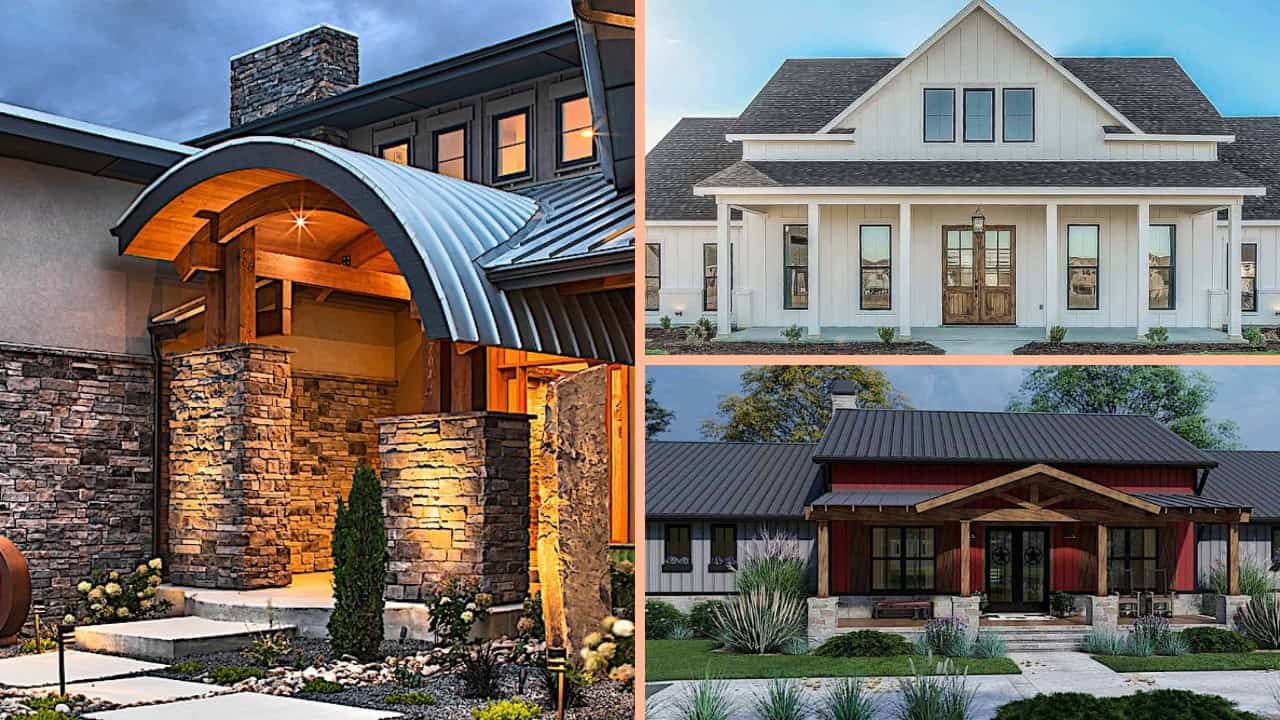
Architectural Styles/Architecture
